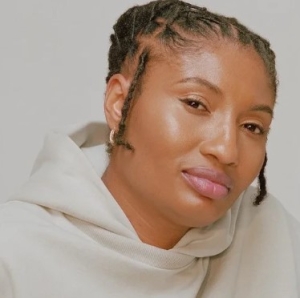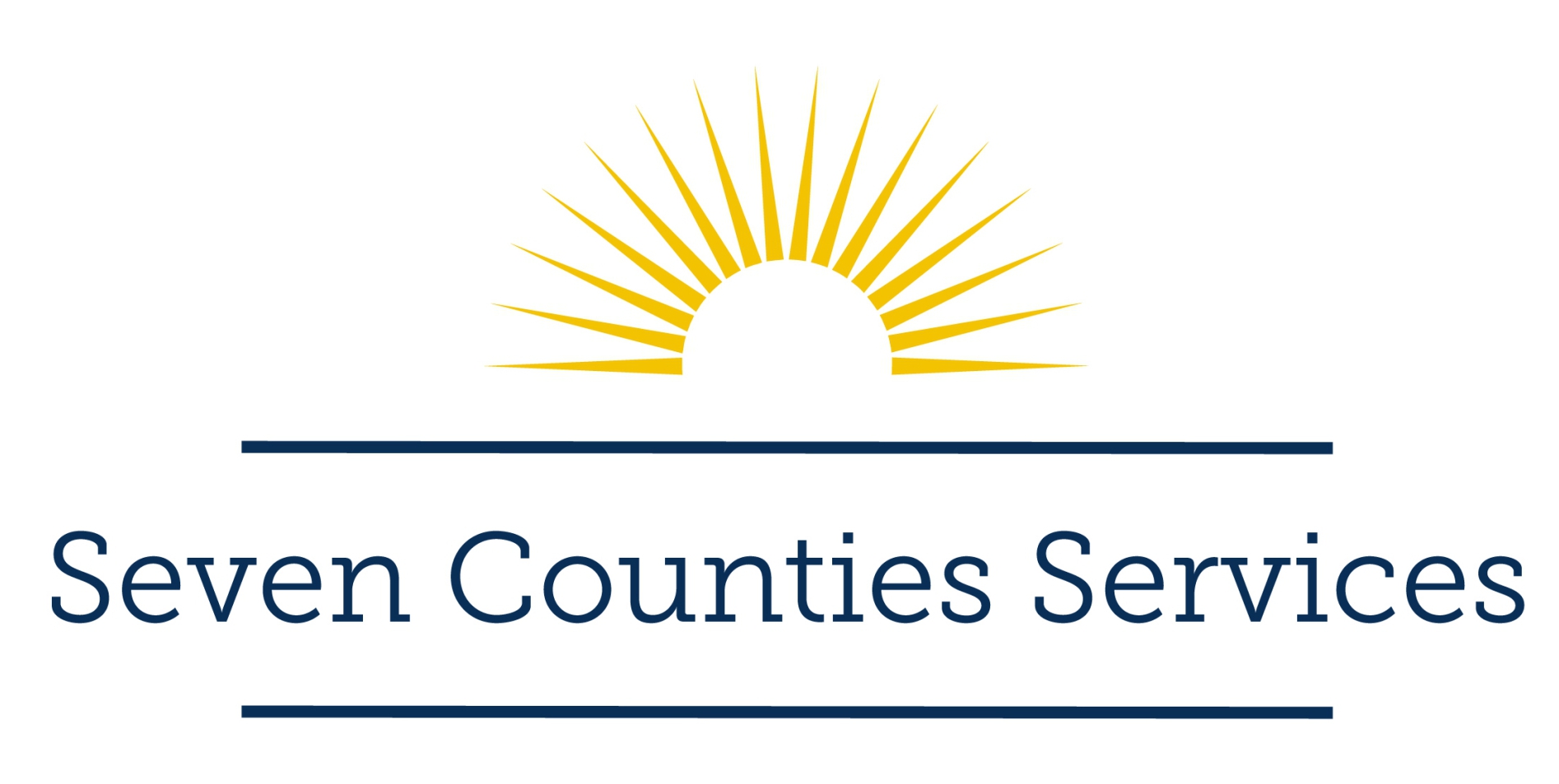Celebrating BIPOC Mental Health Month with Winners for Wellness Festival
Mental health is important for everyone, but Black, Indigenous, and People of Color (BIPOC) communities often face unique challenges and barriers to care. Cultural stigma, lack of access to culturally competent providers, and systemic racism can make it difficult to get the support needed. BIPOC Mental Health Month, also known as Bebe Moore Campbell National Minority Mental Health Awareness Month, shines a light on these issues and empowers communities to prioritize their well-being.
BIPOC Mental Health Challenges
Mental Health America reports that depression is the most common health problem reported among BIPOC communities. Racial trauma can also make BIPOC more likely to have PTSD (Post-Traumatic Stress Disorder). Stress is a big part of how racism affects both physical and mental health. When people are stressed, their bodies release stress hormones, and experiencing or seeing racial discrimination is stressful for BIPOC children and adults.
When stress hormones are consistently present, they can cause physical problems like high blood pressure and heart disease, as well as mental health issues like depression and anxiety. Discrimination happens often and can create constant levels of stress and stress hormones in BIPOC communities. These constant high levels of stress can lead to poor health.
Supporting BIPOC Mental Health
Whether you are part of a BIPOC community or want to be a stronger ally, there are steps you can take to help promote mental health and increase access to care. A great starting point is to look at the current barriers, such as availability, cost, and stigma, and start asking questions. If current systems don’t effectively support BIPOC mental health, you can advocate for accessibility in traditional health care by contacting your local elected officials, speaking up and sharing resources online, and holding organizations accountable.
You can ensure the systems you’re a part of, such as workplaces, schools, political structures, etc., actively assess how they contribute to barriers to BIPOC mental health and support solutions to removing those barriers. Another suggestion is to think beyond traditional avenues and look to community support. The Mental Health Coalition’s resource library offers several nationwide mental health resources for the BIPOC community, including the Crisis Text Line, where you can text COALITION to 741741 for immediate support.
A Celebration of Empowerment and Unity
 Each July, Seven Counties Services hosts a vibrant community event called Winners for Wellness, a festival celebrating BIPOC Mental Health Month. It’s a time to raise awareness, promote mental wellness, and unite people in a supportive environment.
Each July, Seven Counties Services hosts a vibrant community event called Winners for Wellness, a festival celebrating BIPOC Mental Health Month. It’s a time to raise awareness, promote mental wellness, and unite people in a supportive environment.
This year’s Winners for Wellness festival, hosted in partnership with Louisville Public Media, is a free, all-ages event that welcomes the entire community to join in a day of fun, education, and wellness activities. Attendees can enjoy delicious food, live music, engaging games and activities, free health screenings, giveaways, educational resources, and more.
One of the festival’s highlights is connecting with mental health professionals and community organizations that provide culturally relevant services and resources. Visitors can learn about mental health topics, ask questions, and find support in a safe and inclusive space. Some of the topics discussed will include:
- The impacts of racism on mental health
- Body positivity
- LGBTQ+ people of color and mental wellness
- Aging and elder care in communities of color
- The negative effects of bussing changes, redlining, and gentrification on BIPOC mental health
- Modeling what accessing behavioral healthcare looks like
Keynote Speaker

Angel McCoughtry
The festival also features several guest speakers, including keynote speaker Angel McCoughtry. Angel was born in Baltimore, Maryland, where she became a basketball star for St. Frances Academy. She attended The Patterson School in Lenoir, North Carolina, before entering college at the University of Louisville.
Her standout career at the University of Louisville finished with Angel being the school’s all-time leader in points, rebounds, and steals. She also led them to their first-ever NCAA Championship game. She is the first person to have her jersey retired by the University of Louisville.
Angel was selected with the #1 overall pick in the 2009 WNBA Draft by the Atlanta Dream. She the Atlanta Dream to 3 WNBA Finals appearances and the Las Vegas Aces to a WNBA Finals appearance. Her impressive WNBA career includes being named Rookie of the Year, two-time scoring champion, five-time All-Star, and recently one of the top 25 WNBA players. Additionally, she is a two-time Olympic Gold Medalist.
“Playing basketball my whole life, I’ve been blessed to play with and meet people from so many different backgrounds,” said Angel McCoughtry. “Learning culture is important, and looking past the stereotypes and stigmas of race is even more important. Love people for who they are and judge them based off their character. Everyone deserves a chance to prove who they are.”
RSVP to Winners for Wellness
The festival’s atmosphere is one of celebration, empowerment, and unity. It’s a chance for BIPOC communities to unite, share their stories, and uplift one another. By promoting mental health awareness and fostering a supportive environment, Winners for Wellness aims to break down stigma and encourage people to prioritize their well-being.
Please plan to join us on Saturday, July 20, 2024, from 11:00 AM to 4:00 PM at the California Community Center. Together, we can take a step toward a healthier, more inclusive community. RSVP to Winners for Wellness!
Reviewed by Brydie Harris, Director of Diversity Initiatives at Seven Counties Services.




